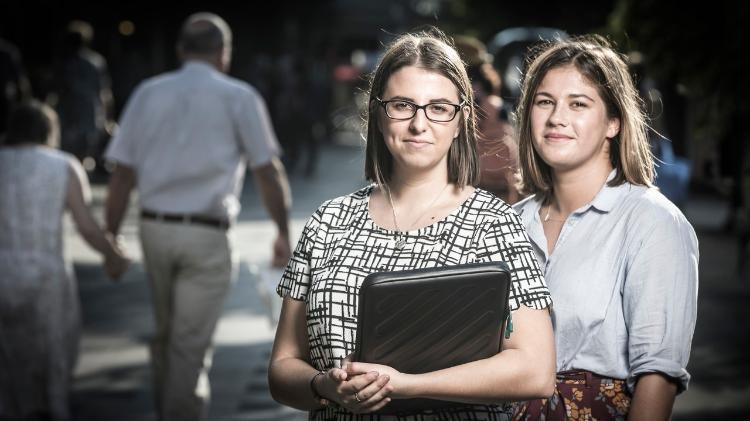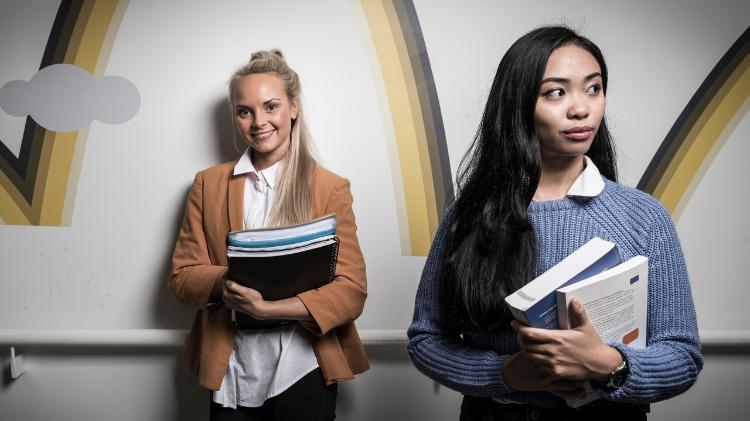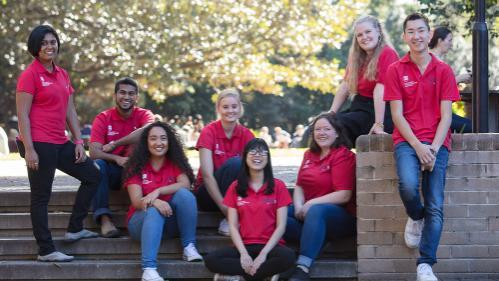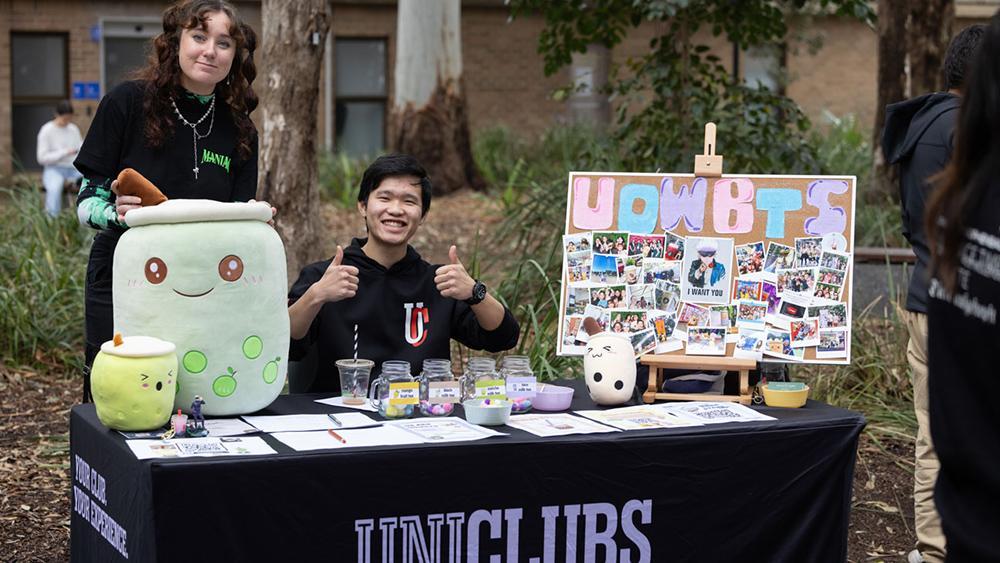Explore social sciences and advocacy degrees
Change the world one community at a time and advocate for those who don’t have a voice. Learn how to promote social justice effectively in a range of situations and settings. Whether you’re interested in health promotion, criminology, or human geography, studying social science and advocacy will equip you with theoretical knowledge and practical skills so you graduate ready for the workplace.
- Bachelor of Arts (Community, Culture & Environment)
- Bachelor of Arts (Sociology)
- Bachelor of Criminology
- Bachelor of Criminology - Bachelor of Laws
- Bachelor of Public Health (Honours)
- Bachelor of Science (Human Geography)
- Bachelor of Social Science
- Bachelor of Social Science (Criminology)
- Bachelor of Social Science (Criminology) - Bachelor of Laws
- Bachelor of Social Science (Honours)
- Bachelor of Social Science (Human Services)
- Bachelor of Social Science (Human Geography)
- Bachelor of Social Science (Occupational Health and Safety)
- Bachelor of Social Science (Sociology)
- Bachelor of Social Work
- Bachelor of Social Work (Honours)
Postgraduate Coursework
- Graduate Certificate in International Relations
- Graduate Certificate in Occupational Health & Safety
- Graduate Certificate in Occupational Hygiene
- Graduate Certificate in Public Health
- Graduate Diploma in Occupational Health & Safety
- Master of Indigenous Health
- Master of International Relations
- Master of International Relations Extension
- Master of Occupational Health & Safety
- Master of Occupational Health & Safety Extension
- Master of Occupational Hygiene
- Master of Public Health
- Master of Public Health Extension
- Master of Social Work (Qualifying)
UOW College provides pathways to social work and advocacy degrees at UOW. By completing a Diploma of Arts, Social Science and Humanities at UOW College, there is an opportunity to gain entry into the first or second year of various arts, social sciences and social work bachelor’s degrees at the University of Wollongong.
A career in social sciences and advocacy can be very diverse and rewarding, with opportunities in management, policy development, education, environment, human resources, the public service, and the community sector.
Here are just some of the careers you could pursue:
- Aged care manager
- Child protection officer
- Community planning and development manager
- Criminologist
- Disability care worker
- Environmental health officer
- Environmental officer
- Epidemiologist
- Family and community services manager
- Health care manager
- Health promotion officer
- Indigenous health officer
- Indigenous housing officer
- International policy advisor
- Mental health advocate
- Policy analyst
- Public health nutritionist
- Public health program coordinator
- Public health project manager
- Public health research officer
- Refugee services advocate
- Social or market researcher
- Social planning advisor
- Social worker
- Town planner
- Youth worker








